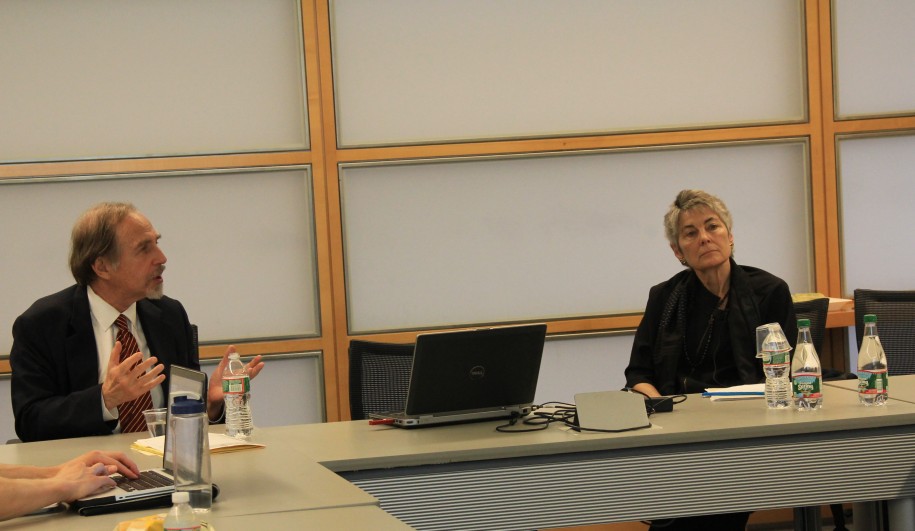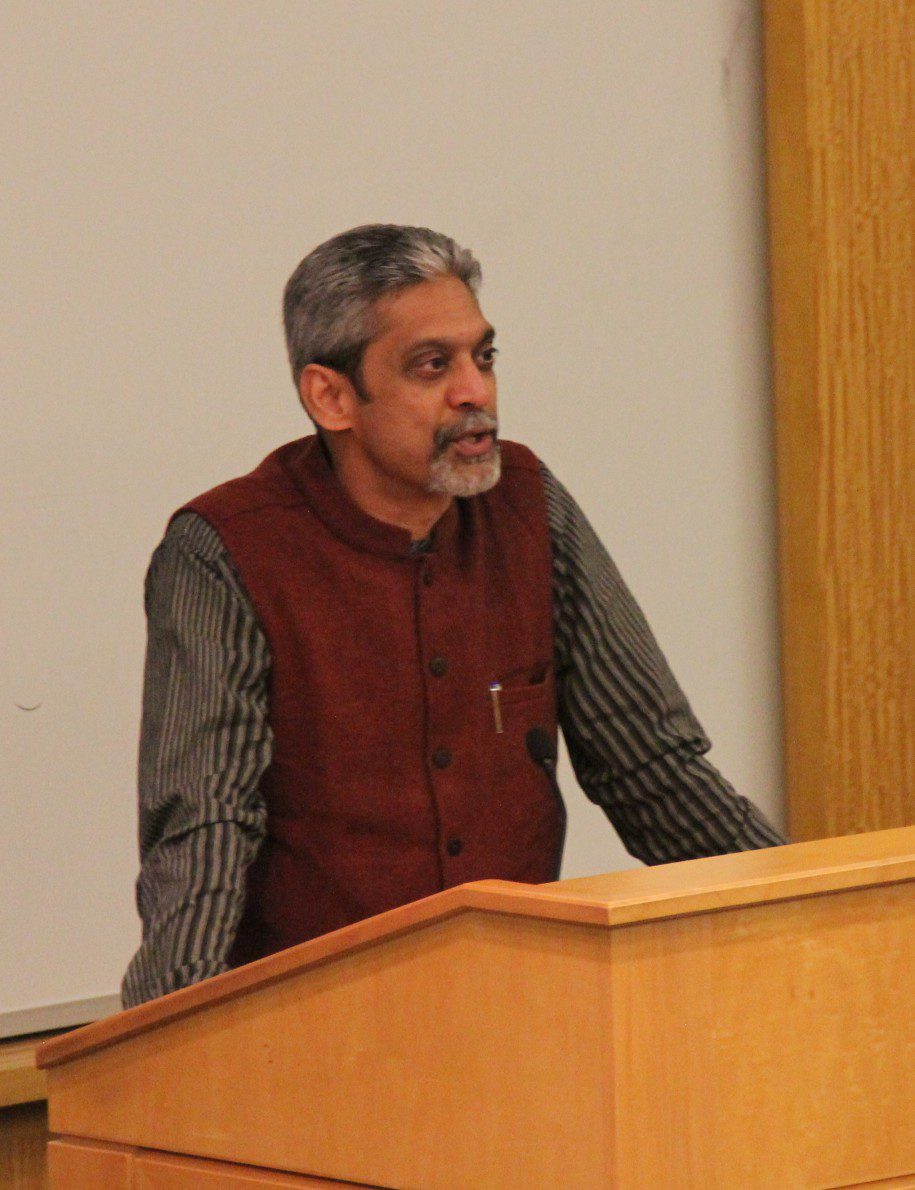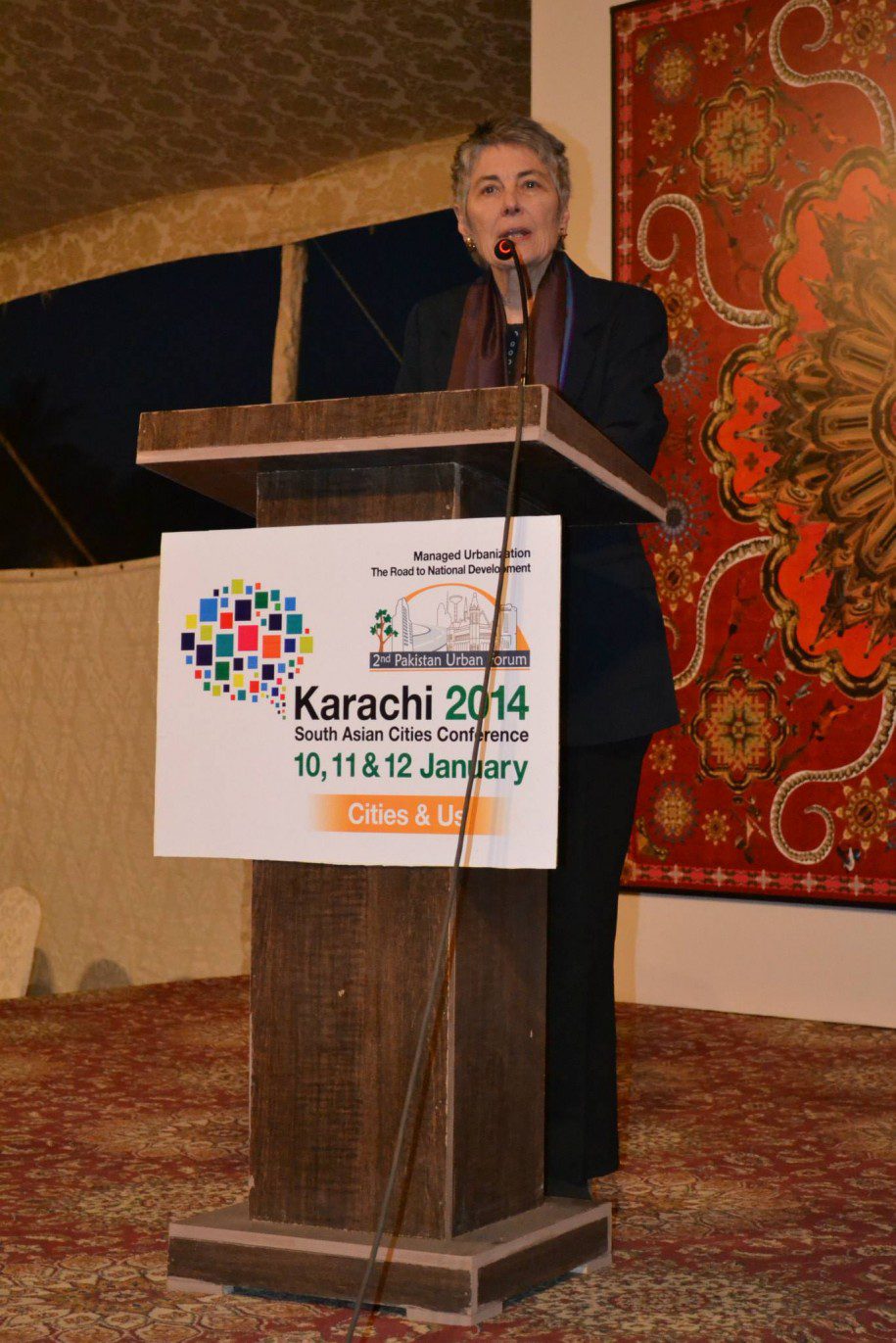Mental Health
Conference on Mental Health and Disaster Response in Pakistan
Cosponsored by The Aman Foundation, Pakistan and Harvard University South Asia Institute
December 16-18, 2015
Karachi, Pakistan
Keynote address: Coping in the Wake of Disasters: Long term Effects of Traumatic “Life-Changing” Situations
A Public Lecture
Wednesday, December 16, 2015
Sharmeen Khan, Clinical Psychologist
Disasters, whether natural or manmade, profoundly influence lives. Through a chain of catastrophic sequences, they damage the built environment, cause death and injury, overwhelm psychological coping and can devastate communities. They are often events difficult to predict, prevent and control. It is this very nature of disasters that requires communities to organize themselves in advance in extremely challenging circumstances to prepare for timely and effective disaster and post-disaster relief work.
Sharmeen Khan is a Karachi-based mental health professional and a human rights activist. She has successfully run various campaigns to provide relief at several disasters from the earthquake of 2005 to the earthquake of 2015, as well as other natural and manmade disasters both in Pakistan and abroad. She spearheaded the Naya Jeevan initiative of providing psychological help to survivors of the Army Public School, Peshawar attack. Sharmeen is currently working towards completing a PhD in Disaster Psychology at the University of Karachi.
This event will be followed by an invitation-only roundtable discussion from the 17th-18th of December 2015 with key stakeholders in mental health and disaster management in Pakistan. If you are interested in participating in this discussion, please send an email with a 250 word bio about yourself to: shajia_sarfraz@mail.harvar
Past Events

Arthur Kleinman, left, and Jennifer Leaning
Mental Health and Disaster Management
SAI Symposium, April 17, 2015
According to panelists who presented at the workshop, there is a need for global actors to work with communities to create local solutions to post-disaster mental health initiatives.
SAI and Aman Foundation Meeting
Cambridge, June 28, 2013
This meeting of Harvard clinicians and Dr. Junaid Razzak, CEO Aman Health was to discuss key issues of mental health systems and disaster response in Karachi. From the meeting, there emerged three areas of focus for collaboration between Harvard and the Aman Foundation to support the development of mental health systems in Karachi , including psychological first aid training, caring for the caregiver, and women’s access to mental health services. Similarly, three needs were identified in the area of disaster relief response, including the development of a plan for urban disaster response, training for senior decision makers in government and response agencies, and preparing frontline responders.

Global Health Seminar: Mental Health Access for Women in South Asia and China
Cambridge, November 1, 2013
In a seminar cosponsored by the Harvard Asia Center, Arthur Kleinman (FAS and HMS) and Jennifer Leaning (HSPH and HMS) discussed and compared access of mental health services for women in China and South Asia. Issues raised included mental health services as a human rights issue, the social stigma around mental illness, and access to adequate and effective treatment.
China and India in the Context of Global Mental Health
Cambridge, March 5, 2014
Michael Phillips, Director, Suicide Research and Prevention Center, Shanghai Mental Health Center, Shanghai Jiaotong University School of Medicine; Executive Director, WHO Collaborating Center for Research and Training in Suicide Prevention, Beijing Huilongguan Hospital; Professor of Psychiatry and Global Health, Emory University School of Medicine.
Vikram Patel, Professor of International Mental Health, Wellcome Trust Senior Research Fellow, London School of Hygiene and Tropical Medicine, the Public Health Foundation of India & Sangath
Arthur Kleinman, Esther and Sidney Rabb Professor, Department of Anthropology, FAS and Professor of Medical Anthropology in Global Health and Social Medicine and Professor of Psychiatry, HMS
Shekar Saxena, Director of the Department of Mental Health and Substance Abuse at World Health Organization, Geneva Organized by SAI, the Harvard Asia Center, and the China Medical Board
In Region

Urban Disaster Response Symposium and Needs Assessment
Karachi, Pakistan, September and October, 2013
Over a series of meetings and symposia coordinated by the Aman Foundation with representatives from Harvard, city leaders in the health sector, representatives from emergency response services, and hospital administrators gathered to discuss the need for coordination of health services in Karachi. These conversations led to clear needs for capacity building and coordination for emergency first responders.
Mental Health and the Urban Environment
Karachi, Pakistan, January 12, 2014
As part of the Contemporary South Asian City Conference, this panel confronted the complicated relationship between mental health and urbanization in the context of Karachi and other major urban centers in Pakistan. Of particular interest to the discussion was the provision of trauma care in dense urban settings, emergency transit services, and other innovations in health care to help alleviate the problems associated with urban life.
Disaster and Mass Casualty Response in Urban Crisis
Karachi, Pakistan, January 12, 2014
As part of the Contemporary South Asian City Conference, this panel addressed best practice in urban disaster planning and response, and focused on the provision of trauma care in dense urban settings, including issues of on-scene site control, crowd management, emergency triage, and emergency patient transport. Strategies for integrating plans to promote hospital-based casualty reception and burden sharing were discussed.

Training first responders in Karachi
Trainings for First Responders in Mass Casualty Response
Karachi, Pakistan, January, 2014
A team from Harvard conducted two trainings in Karachi, in partnership with the Aman Foundation. The first training was for senior leaders of Emergency Rooms, while the second was for Ambulance and Field Paramedics, as well as police personnel. Curricula on first responder training and incident command training were created for these trainings.
